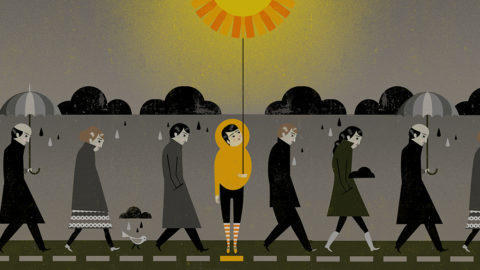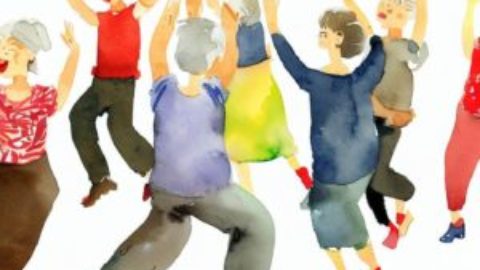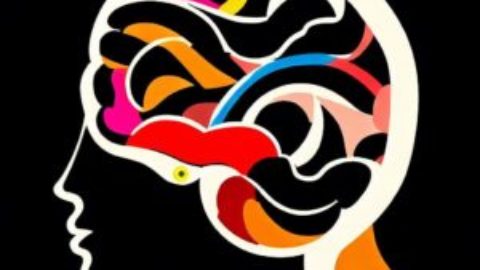
Have you ever experienced a traumatic event that left you feeling overwhelmed, anxious, or emotionally drained? If so, you’re not alone. Traumatic experiences can have a lasting impact on our mental well-being, leading to symptoms such as post-traumatic stress. But did you know that art therapy can be a powerful tool in helping individuals cope with and overcome these symptoms?
Art therapy, a form of expressive therapy, harnesses the creative process to explore emotions, reduce stress, and promote healing. It provides a safe and non-verbal outlet for individuals to express themselves, especially when words fail to capture the depth of their experiences. Art therapy has shown great promise in assisting those struggling with post-traumatic stress symptoms, offering them a pathway towards recovery and resilience.
When engaging in art therapy, you might be wondering how it actually works and how it can benefit you. Well, let’s take a closer look. Creating art stimulates various regions of the brain, including those responsible for emotions, memory, and pain perception. By engaging in artistic activities, you activate these neural networks, allowing for greater connectivity between them.
Art therapy also allows you to explore closure, which is a crucial aspect of healing from trauma. Closure involves finding a sense of resolution, acceptance, and moving forward. Through art, you can depict closure in your creations, symbolizing the journey towards healing and recovery. Studies have shown that individuals who depict closure in their artwork demonstrate increased connectivity between attention networks and areas related to memory and pain processing. This suggests that art therapy facilitates psychological closure and promotes brain changes that support healing.
Furthermore, art therapy provides a supportive and empathetic environment. Working with a trained art therapist, you can delve into your emotions, thoughts, and experiences, allowing them to manifest through your creative expression. The therapist guides you through the process, helping you explore your artwork’s meaning and significance. They provide a space where you can process your trauma, gain insights, and develop coping strategies.
Art therapy is not about creating perfect art; it’s about the process, the exploration, and the personal meaning behind each creation. Whether it’s through painting, drawing, sculpting, or other artistic mediums, art therapy invites you to tap into your innate creativity and use it as a tool for healing.
If you’re considering seeking support for your post-traumatic stress symptoms, online psychotherapy via webcam can be an accessible and convenient option. Many qualified therapists now offer remote sessions, allowing you to engage in art therapy from the comfort of your own home. Through video calls, you can connect with an experienced psychologist who specializes in art therapy and start your journey towards healing.
Remember, seeking help is not a sign of weakness but rather a brave step towards reclaiming your well-being. Art therapy has the potential to unlock your inner strength, resilience, and capacity for healing. By expressing yourself through art, you can navigate your post-traumatic stress symptoms and gradually regain a sense of control and peace.







